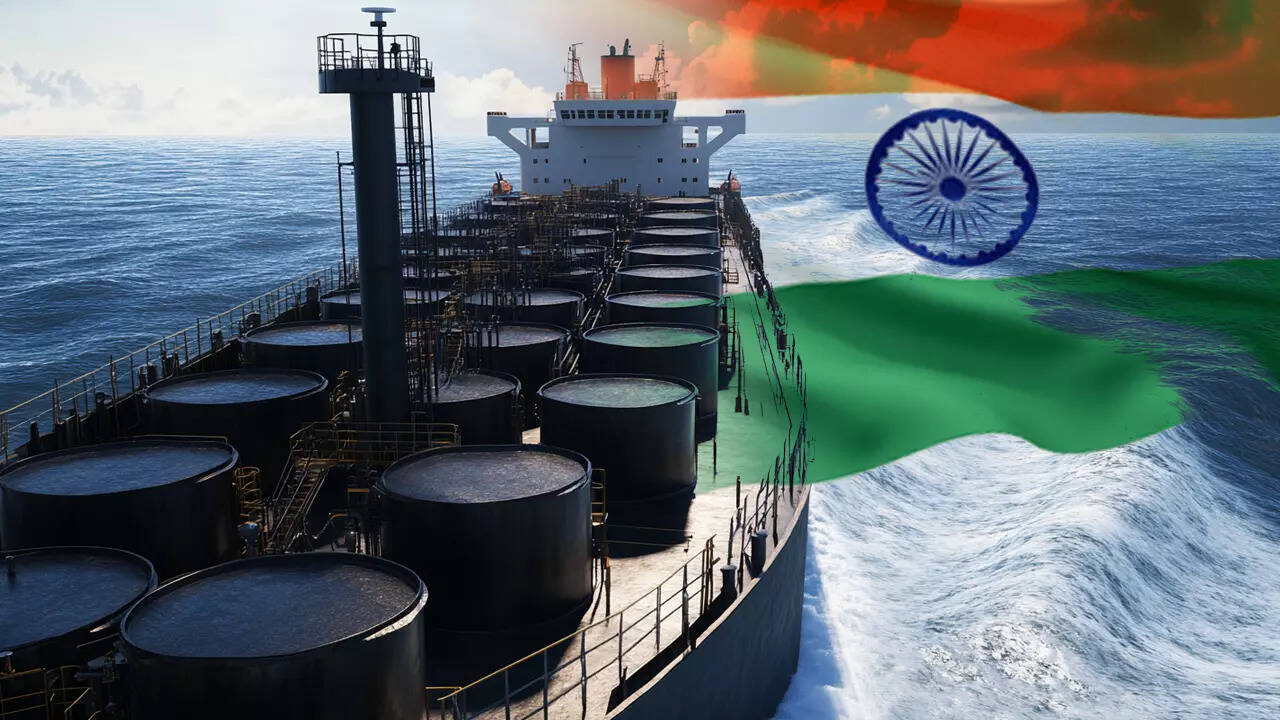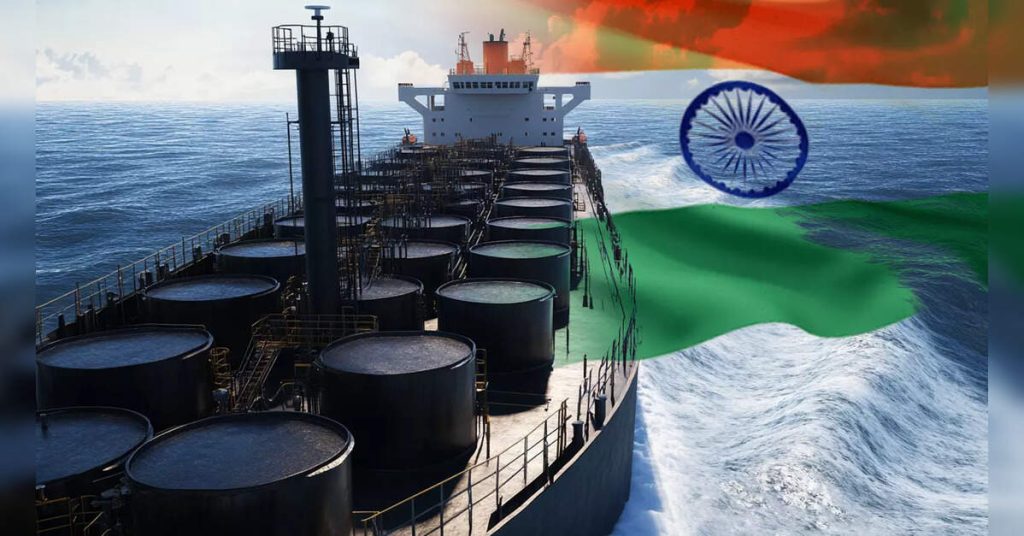
As Prime Minister Narendra Modi prepares for his upcoming visit to the United Kingdom, Foreign Secretary Vikram Misri has pushed back against renewed Western criticism over India’s continued imports of Russian oil.
Speaking to reporters on Tuesday, Misri emphasised that India’s energy security remains a fundamental priority and warned against viewing the global energy crisis through a narrow, Eurocentric lens.
While acknowledging the gravity of the security crisis in Europe stemming from Russia’s war in Ukraine, Misri stressed that other parts of the world are facing their own urgent and potentially existential challenges — many tied to energy affordability and access.
“On energy-related issues itself, also, as we have said previously, it is important not to have double standards and to have a clear-eyed perception of what the global situation is insofar as the broader energy market is concerned… We do understand that there is an important and serious security issue that is confronting Europe, but the rest of the world is also there. It is also dealing with issues that are existential for the rest of the world, and I think it’s important to keep balance and perspective when talking about these issues,” Misri was quoted as saying.
He argued for a balanced, globally inclusive perspective on energy policy and warned against double standards in applying sanctions or pressuring energy partners.
EU sanctions put India’s oil exports at risk
His remarks come as the European Union rolls out a fresh round of sanctions targeting Russia’s oil revenues. The new restrictions — aimed at curbing Moscow’s ability to finance its war effort — include tighter controls on fuels derived from Russian crude, a lower price cap, and new banking penalties.
Among the targets is an Indian refinery operating in partnership with Russian energy giant Rosneft, raising concerns about collateral damage to India’s energy trade.
The EU’s crackdown is expected to affect countries like India, Turkey, and the UAE, which process Russian crude and export refined products such as diesel and jet fuel — often to European buyers. Analysts warn that this could pose a direct threat to India’s export earnings.
According to trade policy think tank GTRI, India’s petroleum product exports to the EU have already fallen sharply — from $19.2 billion in FY24 to $15 billion in FY25, a drop of over 27per cent.
The EU’s new sanctions may further squeeze India’s $5 billion in oil-derived exports to the bloc, especially since they now prohibit imports of refined fuel made from Russian crude, even if processed outside Russia.
At the same time, India’s reliance on Russian oil has grown. In FY2025, India imported over $50 billion worth of crude oil from Russia — making up more than a third of its total oil import bill of $143 billion.
U.S. threatens harsh tariffs on Russian oil buyers
Meanwhile, Washington has also adopted a tougher stance. US President Donald Trump and several U.S. lawmakers have threatened punitive trade measures against countries like India, China, and Brazil for maintaining energy ties with Moscow.
Senator Lindsey Graham, speaking on Fox News, warned that the U.S. would impose steep tariffs on nations buying Russian oil, accusing them of enabling the war through “blood money.”
Trump has gone a step further, saying the U.S. would levy 100per cent secondary tariffs on any country continuing to import Russian fossil fuels, unless Russian President Vladimir Putin agrees to a peace deal within 50 days.
His remarks came during a meeting with NATO officials, signaling that this could become a key foreign policy position in a potential second Trump administration.


